Picture this: It’s 1984. You’re a movie fan despairing over the fact that the horror genre is dying. Sure, Halloween was great and all but you’ve seen nothing but copycats since then. Slasher movies with obnoxious and obvious titles like Don’t Answer the Phone and When a Stranger Calls have become the norm. You sort of enjoy the Friday the 13th movies while acknowledging the pale imitations that they are. You’re tired of watching madmen slash up teenagers over and over again. You’re saddened by the lack of creativity and imagination. On a whim, you go see a small movie called A Nightmare on Elm Street. You’re vaguely aware of the director. You remember being disturbed by his two previous films, The Hills Have Eyes and Last House on the Left, but don’t really know what this one is about. You buy your ticket, grab your popcorn, and prepare yourself for yet another movie featuring scantily clad women being cut to pieces by a lunatic in a mask. The movie starts and it’s within seconds that you realize you’re watching something different. Something with imagination. Some of the effects are cheesy but they creep you out anyway. The premise is terrifying and universal. There’s a monster with knives for fingers who can kill you in your sleep. There is no escaping him. Everybody has to close their eyes eventually. He doesn’t shuffle slowly like the typical horror movie villains. He runs after you, he taunts you, he gets some sort of sick glee out of the fear he provokes, and he doesn’t wear a mask. The heroes are smarter that your usual horror movie protagonists. They think, they plan, they refuse to be mere victims. You walk out of the theater more than a little freaked out and strangely energized. This was the kick in the ass horror movies needed and you revel in the fact that the genre will never be the same again.
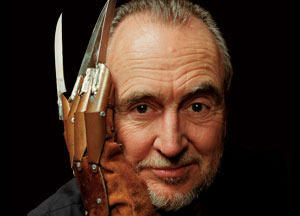
I like to imagine that’s what it felt like to see writer/director Wes Craven’s seminal film on the big screen for the first time. Made on a shoe string budget and overflowing with ideas, it is one of the classic horror films. It spawned a slew of sequels and copycats and while many of them were unsuccessful, it cannot be denied that Elm Street brought creativity back to the genre. There’s a reason the Elm Street series remains the best horror franchise of all time. Every subsequent director looked at what Craven did and tried to provide their own take on the material. Sure, producer Robert Shaye was looking to make a buck but the directors he hired to film the sequels were all thrilled by the idea of crafting literal nightmares for the screen. They have one man to thank for that opportunity and his name was Wes Craven.
A former college professor, Craven understood that the best horror films were reflections of the world we live in. Hills Have Eyes wasn’t about a family fighting cannibal mutants. It was about the savage nature of humanity. Last House on the Left wasn’t a simple revenge film. It was a chronicle of violence and pain and a look at how civility breaks down when people are pushed to their limits. Elm Street wasn’t about Freddy Krueger but about the fear of what could happen to you when you go to sleep. That Freddy is one of the most striking and memorable horror villains is an added bonus. If his first two films were nihilistic, Elm Street was hopeful. It suggested that all you had to do to defeat the monster under your bed was to simply turn your back on it and not allow it to control you. That’s an important message that modern horror films like The Babadook and It Follows are still trying to convey.
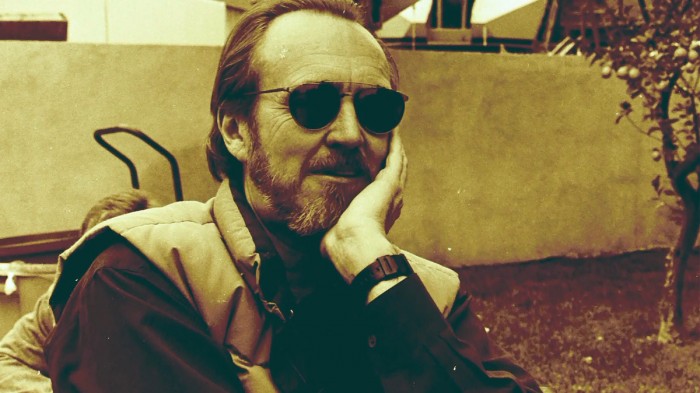
As a director, Craven rarely made a ‘paycheck’ film. The two that immediately come to mind are Deadly Friend and Vampire in Brooklyn. Vampire is a disaster but I think most of the blame falls on Eddie Murphy’s ego. As for Deadly Friend, it has its moments but ultimately just doesn’t work. You get the sense with both films though that Craven was trying. He wasn’t simply sitting back in his chair and watching the footage from behind a screen. Every movie Craven directed has a level of passion to it and that’s more than can be said for most working directors these days. Also, Deadly Friend gave us the only ‘death-by-basketball’ scene in movie history so that’s gotta count for something.
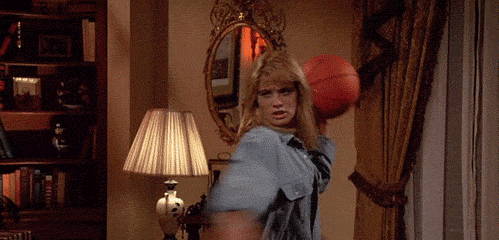
You saw Craven’s passion and desire to not repeat himself in films like The Serpent and the Rainbow, Shocker, and The People Under the Stairs. Whatever your opinion is on those flicks, you must acknowledge they were made by a man with a vision and with something to say. Most of Craven’s work existed in the same genre but he was always trying to do something different. Another horror master, John Carpenter, made similar movies with expected trademarks throughout his entire career (and that’s fine btw, Carpenter rules) but Craven was not satisfied to keep putting out variations on a theme. He consistently wanted to challenge himself.
Take Music of the Heart for example. Here’s an inspirational, feel good movie starring Meryl Streep that most people forget Craven directed. But he did. If anything saddens me about his career, it’s that he didn’t get more opportunities like Music of the Heart. The ‘inspirational-teacher-biopic’ is one of my least favorite sub gennres but Craven and Streep made me care in that film’s case. I would have loved to see what Craven could have done with a serious drama or an action film. Then again, there is Red Eye, his tense thriller on a plane that was such a perfectly executed exercise in suspense and tension I was reminded of Hitchcock. Craven was a man who understood all genres of film and appreciated the masters who came before him. It’s a bit of a shame that producers only wanted him to make horror movies.
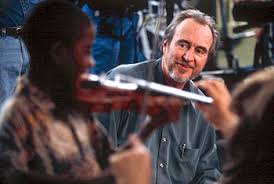
Then again, it really isn’t because his effect on the genre is still felt today. Let’s not forget this is also the man who directed Scream. With that film, he displayed an ability to make fun of himself and to comment on the genre as a whole while still crafting something suspenseful and scary. It was also the kick in the ass that 90’s horror movies needed. So he provided a burst of creativity for horror films not once but twice. I personally think all of the Scream films are great to decent. Sure, 3 was a bit of a mess but 4 was a refreshing throwback to 90’s horror while also acting as a commentary on where the genre has gone. How many directors are responsible for two of the most well remembered horror franchises of all time? The answer is one.
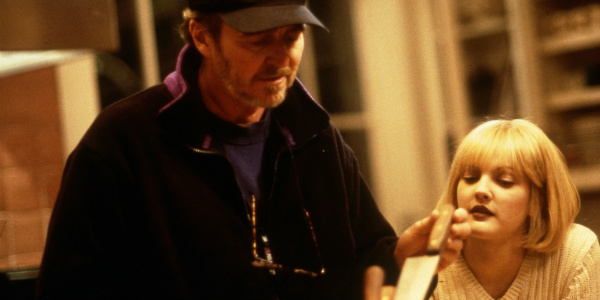
Which brings us to his greatest contribution to the genre and that is Wes Craven’s New Nightmare. Not only is it the best film he directed, it is one of the best horror films ever made. It is, all at once, a satire of Hollywood and its desire for a quick buck, a brilliant examination of the effect horror films have on the people who make them, a loving tribute to the fans who made the franchise so successful, a dark fairy tale that reminds us that monsters have always existed but take different forms over the years, and a insanely imaginative, moving, suspenseful narrative in its own right. The fact that it wasn’t a hit when it came out illustrates that most moviegoers are fucking idiots who don’t want to be challenged.
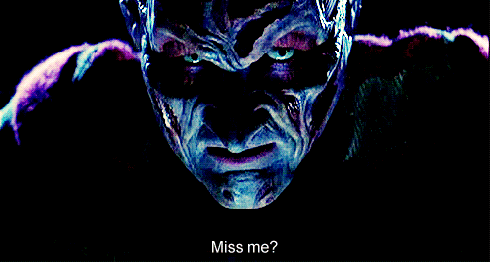
I’ve been a fan of horror since before I could walk. I always wanted to know about the forbidden things lurking around the corner. Filmmakers like Wes Craven showed me those things while also telling me that I could kick their ass. I’m sure he was a fan of one of my favorite quotes: “Fairy tales are more than true. Not because they tell us that dragons exist, but because they tell us that dragons can be beaten.” For all the darkness present in his work, there was always a sense of hope, a feeling that the good guys could not only win but deserved to. They don’t make em like Craven anymore. These days we have producers, like Jason Blum, who stifle creativity every chance they get and put out the same boring horror film each year. The days where intelligent, thoughtful filmmakers like Craven could rule the box office are over. That saddens me but makes me even more grateful for his contributions to the genre. However you feel about his work, Craven was a real filmmaker. He was a man with ideas he wanted to share with the world. That’s not only something to be admired but something to be treasured. His loss marks the end of an era. But his films live on and I can only hope that in 30 years, people will be taking about New Nightmare with the same reverence they apply to Psycho. At the very least, I will be.
R.I.P. Wes. You will be missed. Thank you for your work.
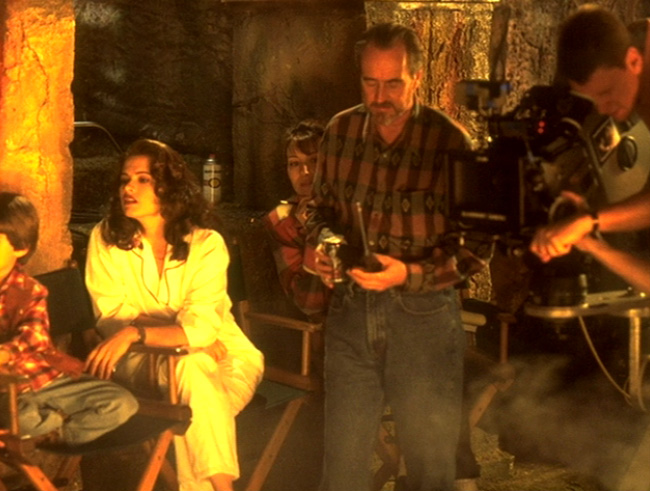

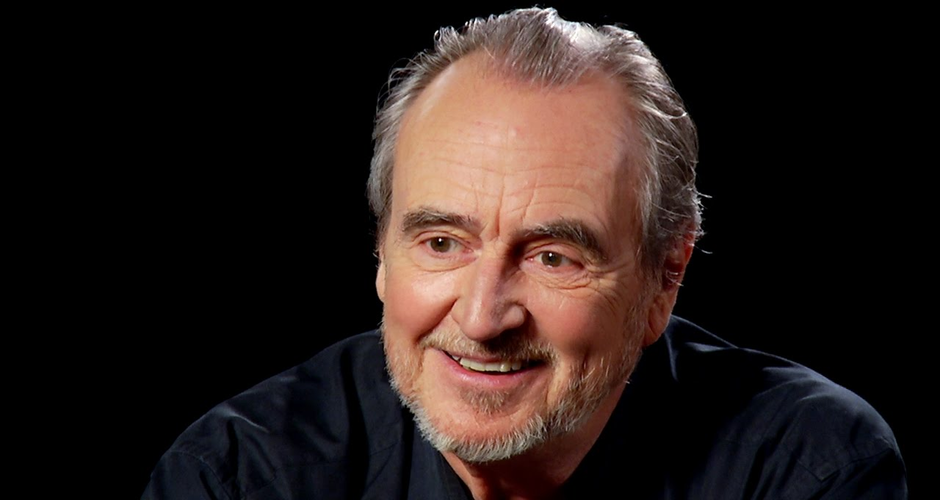
GET CHOMPED